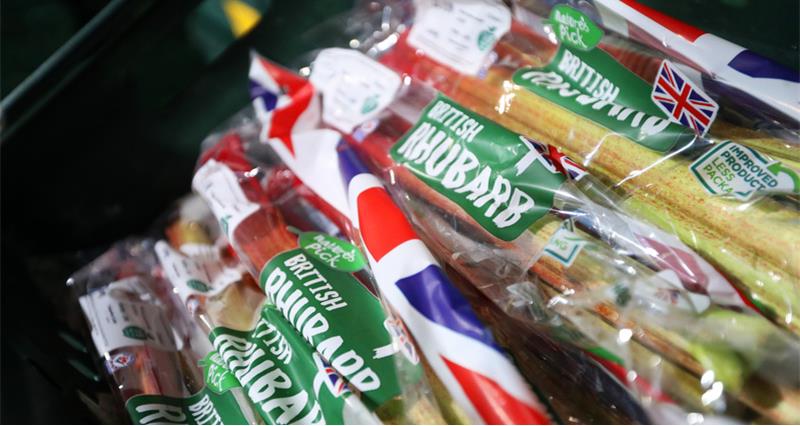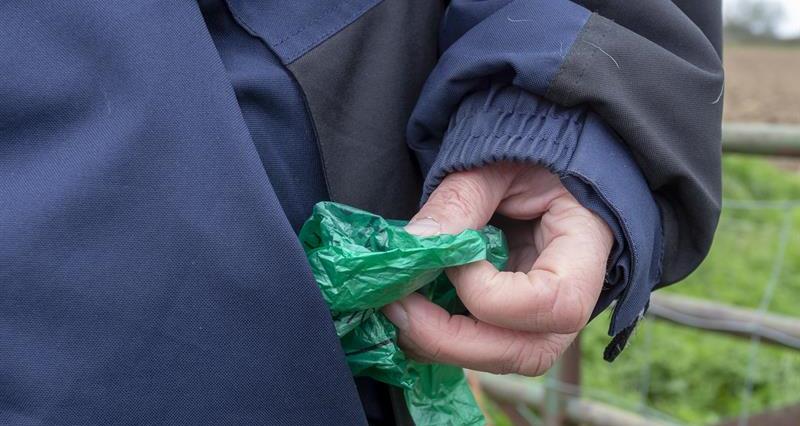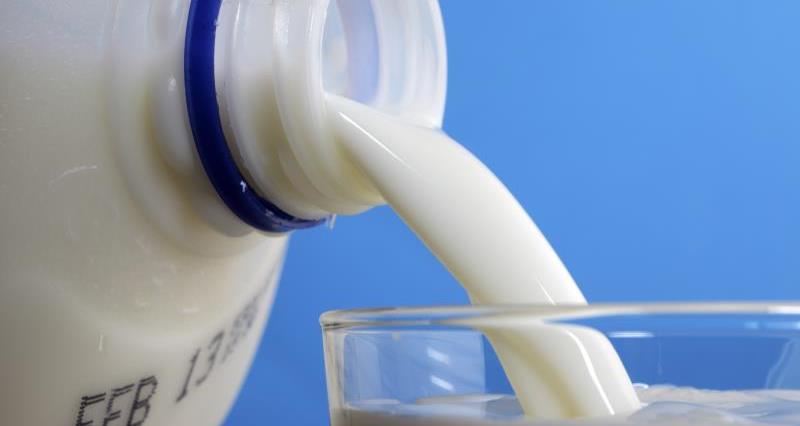By ending confusion over what can and cannot be recycled, these changes aim to increase recycling rates and support the circular economy.
Simpler Recycling is part of the government’s wider ‘Resources and Waste’ strategy and is designed to support Defra’s recycling target of 65%.
By ensuring businesses and households follow the same recycling rules, the reforms aim to reduce contamination, increase recycling rates, and help develop a stronger market for recycled materials, including plastic.
What are the key changes?
The Simpler Recycling reforms will standardise the types of waste collected for recycling across England.
The key dates are:
31 March 2025
Businesses and other non-household premises with 10 or more FTEs (full-time equivalent employees) will be required to separate and recycle the following waste streams:
- Glass
- Metal (cans, tins, foil)
- Plastic
- Paper and card
- Food waste (if producing over 5kg per week).
31 March 2026
Local authorities must implement consistent recycling collections from households, including mandatory weekly food waste collections (which may be combined with garden waste).
31 March 2027
Micro-businesses (fewer than 10 FTE employees) will be required to comply with the same recycling requirements.
Additionally, plastic film packaging and in-scope plastic bags will be included in collection systems for businesses and households.
Effect on businesses
Businesses producing the specified waste types will need to ensure they have appropriate systems in place for separating and recycling materials.
Many businesses already have waste management practices in place, but these new requirements could mean additional changes in how waste is stored and collected.
Related policies
Simpler Recycling is being introduced alongside other waste management initiatives, including:
- Plastic packaging tax – encouraging the use of recycled materials in plastic packaging.
- EPR (Extended Producer Responsibility for packaging – holding producers responsible for the costs of managing packaging waste.
- DRS (Deposit Return Scheme) – aiming to improve recycling rates for drinks containers.
For more information, visit the official government guidance on Simpler Recycling at: GOV.UK | Simpler Recycling in England: policy update.



